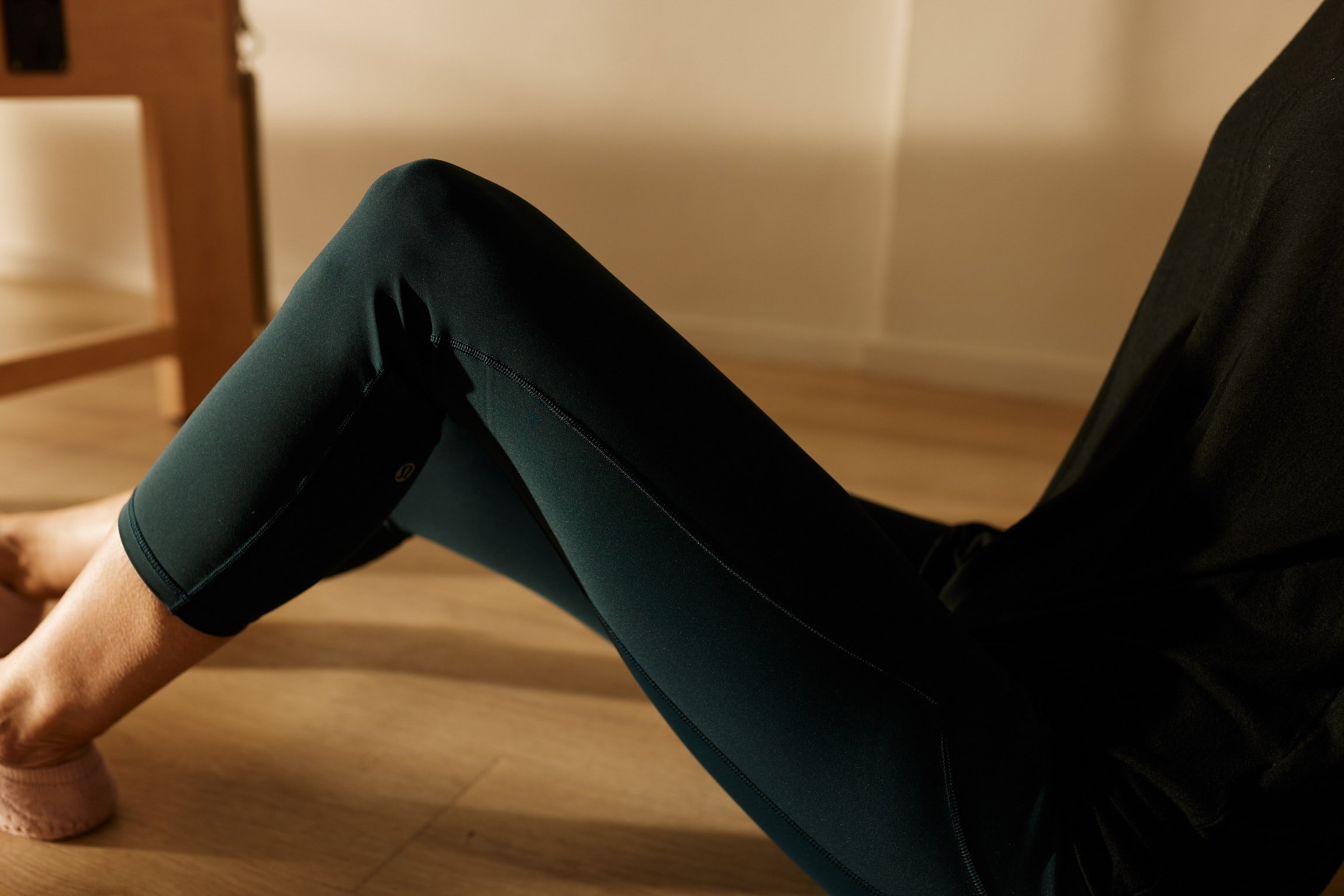
Empowering Women’s Health
at Milkwood Studios
Pelvic floor weakness and pain are common issues affecting many women at different stages of life. These conditions can lead to discomfort, embarrassment, and even impact daily activities and quality of life. Women's health physiotherapists, like Melli Tilbrook, play a crucial role in managing and improving these conditions, offering specialised care and guidance.
How Physiotherapy can Help
Personalised Treatment Plans
Based on the assessment, a women's health physiotherapist will develop a personalised treatment plan tailored to the individual’s needs. This may include:
Pelvic floor exercises: These exercises are often a cornerstone of treatment for both strengthening and relaxation of the pelvic floor.
Manual therapy: Hands-on techniques to release tension and enhance muscle function
Education and lifestyle advice: Guidance on bladder and bowel habits, posture, diet, and lifestyle changes that can support pelvic floor health.
Pain management techniques: Teaching relaxation exercises, breathing techniques, and other strategies to manage and alleviate pain.
Pregnancy and Postnatal Care
Pregnancy and childbirth are significant factors contributing to pelvic floor issues. Women’s health physiotherapists provide support during and after pregnancy to help women maintain a healthy pelvic floor, offering:
Prenatal exercises: Safe exercises to prepare the pelvic floor for childbirth and reduce the risk of injury.
Postpartum recovery: Post-birth exercises and treatments to aid recovery, manage pain, and restore pelvic floor function.
Education: Advice on safe lifting, carrying, and returning to exercise postpartum.
Management of Pelvic Pain
Chronic pelvic pain can be debilitating, impacting both physical and emotional well-being. The physios at Milkwood Studios use a holistic approach to address pelvic pain, incorporating:
Pain relief techniques: Gentle exercises, stretching, and relaxation techniques to alleviate pain.
Muscle relaxation: Techniques to release tension and spasm in the pelvic floor muscles.
Cognitive-behavioural strategies: Support to manage the psychological impact of chronic pain and promote mental well-being.
Pelvic Organ Prolapse
Pelvic organ prolapse is most common in menopausal aged ladies due to oestrogen levels decreasing, but can also occur in younger women post birth and pregnancy. Pelvic organ prolapse is often first felt as a heaviness or fullness in the vagina with no visible prolapse to be seen. A women’s health physiotherapist will be able to determine if one is present and how to best manage it.
Pelvic Floor Dysfunction
The pelvic floor is a group of muscles and connective tissues that support the bladder, uterus, and rectum. These muscles are vital for maintaining continence, supporting pelvic organs, and contributing to sexual health.
You should seek help from a womens health or pelvic health physiotherapist if you are experiencing any of the following:
pain during intercourse
lower back or pelvic pain
heaviness or discomfort of the vagina
any symptoms of incontinence such as leaking or urgency
What to expect at your initial appointment:
Your physiotherapist will conduct a comprehensive assessment, taking into account your medical history and relevant information. If appropriate, this may include an internal examination to evaluate the function of the pelvic floor muscles, as well as checking for pelvic organ prolapse.
Success Stories: Real-Life Impact
Many women have experienced life-changing improvements with the help of our therapists. For instance, Sarah, a 35-year-old mother of two, regained confidence and control over her bladder with the help of a women’s health physiotherapist after experiencing incontinence post-childbirth. Similarly, Jane, a 25-year-old woman, found life changing relief from chronic endometriosis pelvic pain, improving her quality of life including sexual life through manual therapy and a tailored exercise program. Sixty year old Linda, with pelvic floor release and physical and psychological exercise and advice, has regained confidence to walk long distances, after acquiring urge incontinence with menopause. Sandra, a 70-year-old grandmother saw us with concerns of pelvic organ prolapse and reduced symptoms dramatically with exercise advice and pelvic floor strengthening (names have been changed for privacy).
Make a Booking
Pelvic floor weakness and pain are common issues affecting women of all ages. Women’s health physiotherapists provide specialised care that empowers women to regain control of their lives. If you’re experiencing pelvic floor problems, a women’s health physiotherapist like Melli can help you start your journey to better health.


